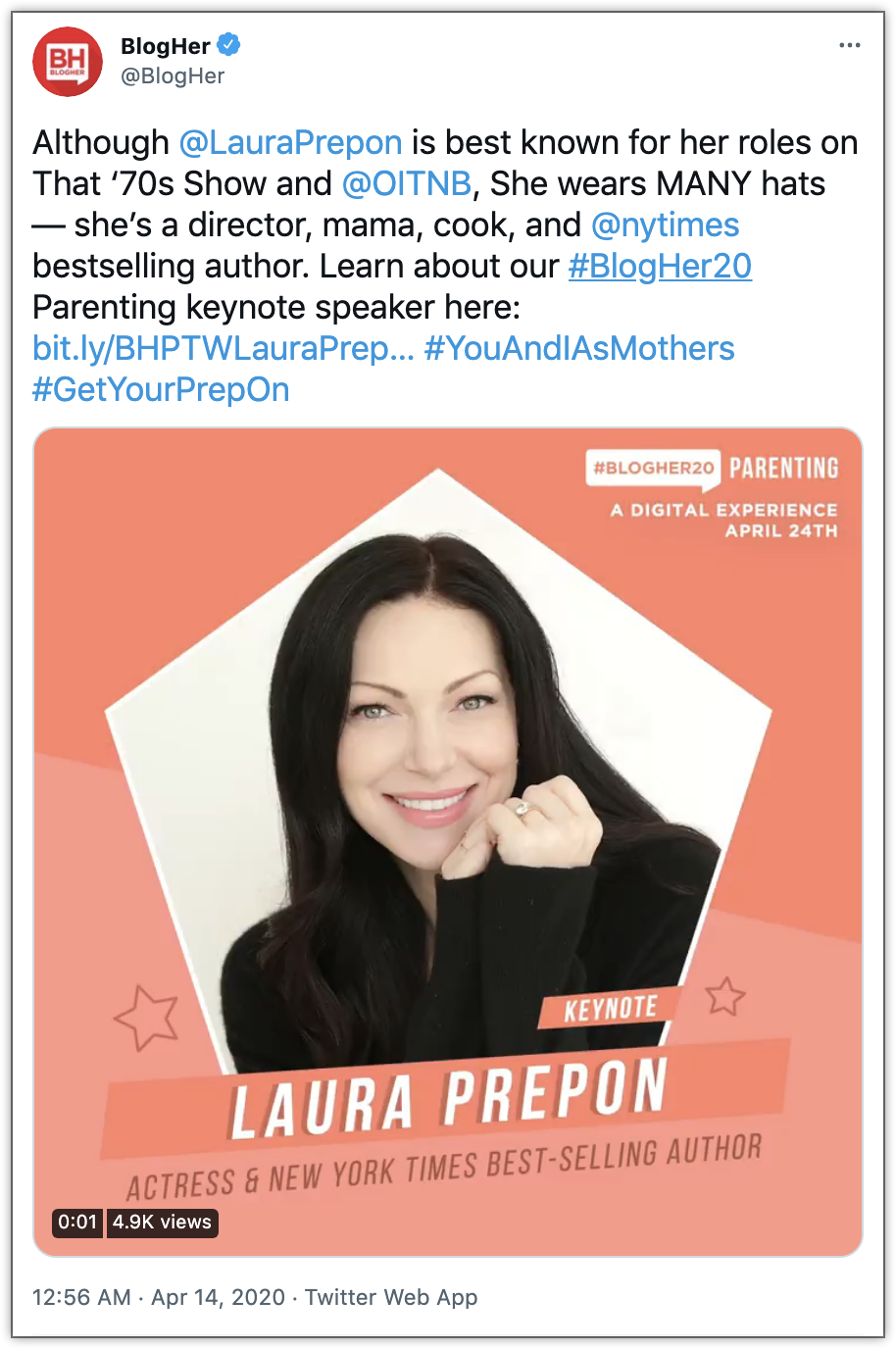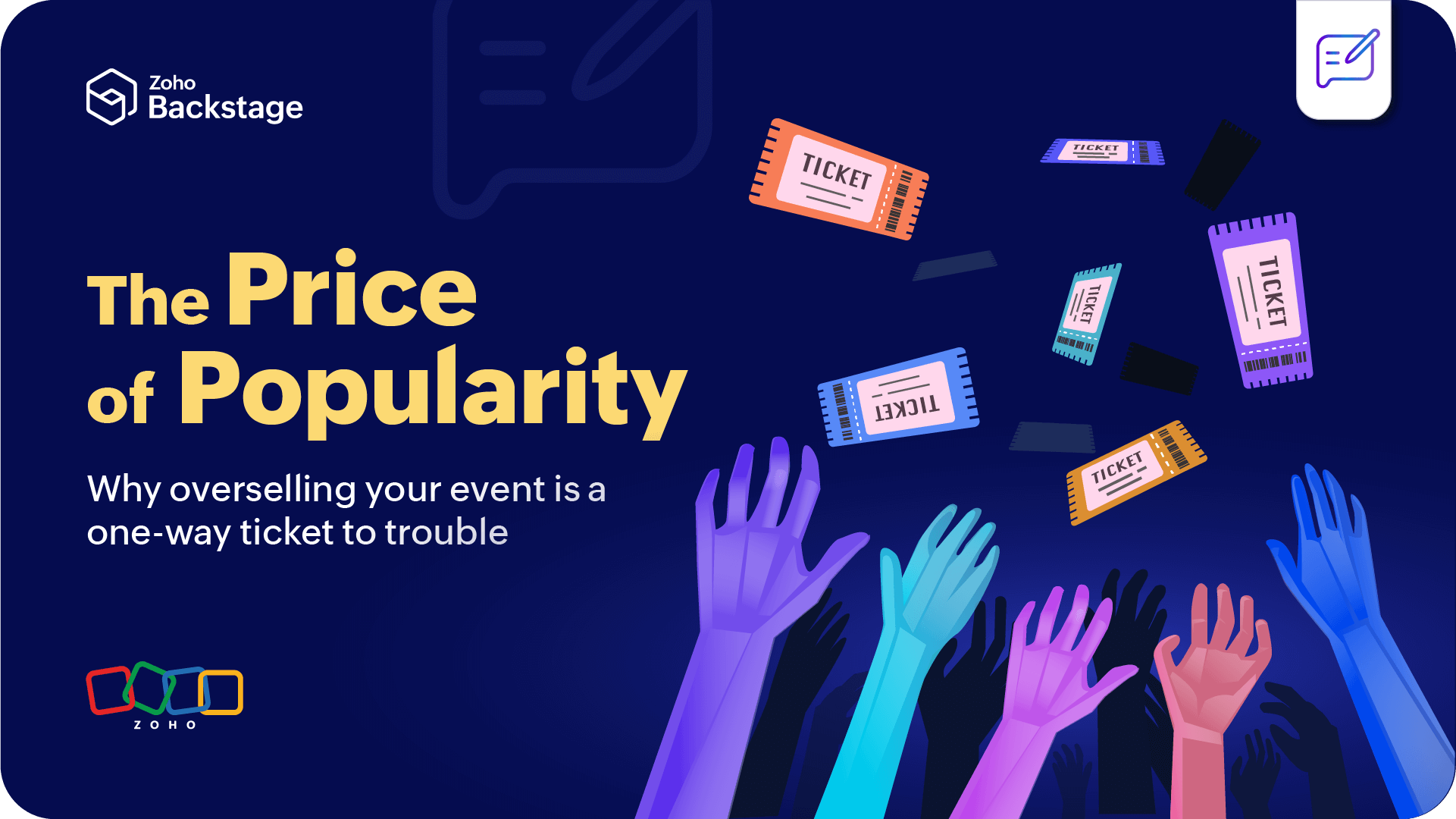Cancel the venue, not the event: 7 steps to take your live event virtual
- Last Updated : August 18, 2023
- 923 Views
- 6 Min Read

In the wake of the current pandemic, event organizers from countries all over the world are going through the stress of taking the next steps concerning their event. An increasing number of brands have either canceled their event or postponed it due to safety concerns or government regulations. Some brands also decided to host their events virtually, as we saw in our previous post.
In this post, we’ve put together some handy tips for organizers to run their event virtually, because the only thing they should be canceling now is the venue.
But first, here are some of the reasons why one should keep the virtual part of the event going and not cancel it altogether:
Reason 1: Your audience might still want to see the event happen
Attendees connect emotionally with other participants, the brand, or the event itself, which is why every year they may look forward to the event happening. Interestingly, event experiences also take care of the participant’s intellectual need to be fed information and knowledge. By preserving the virtual part of an event, the organizers can stage a platform for the participants to stay updated.
Reason 2: Brands need a platform to make important announcements
Most product launches or important updates are announced during an event so that people remember the product and associate it with the importance given during the launch. Events are meant to create memories, and brands leverage events to retain these memories in the minds of their customers. Though events are getting shut down, the world is still here, and so is the need to keep the buzz going. Brands need a platform to make announcements and reconnect, which is where virtual events step in to take the wheel.
Reason 3: Gone once and then gone forever
Neither Rome nor brands were built in a day. They need vigorous and consistent efforts. Attendees present at an event give brands the opportunity to be remembered and ensure a higher recall. Missing this opportunity one year would mean starting the whole process from scratch. It’s important to understand the trade-off between running an event virtually and canceling it until the lockdown ends.
Reason 4: Running on cloud = reaching anyone, anywhere
Since online events are just a click away, they’re available to a wider audience. Attendees who missed an event because of cross-border transport regulations can now attend their favorite events without any trouble. For the event organizers, this means reaching new geographies and markets and gaining more visibility.
So, that was in theory. Let’s look at how this plays out in practice.
Where does one start to take an event virtual?
Begin with a game plan
Online or offline, every event originates with a plan. Decide on a preferred date, time, and time zone for the event. Choose a time that’s convenient for participants in all the time zones to attend. In addition, work out a structure in terms of:
How many attendees are expected at the event?
What’s the event’s overall message and the number of sessions needed?
Which speakers should be invited and what’s their availability?
Which medium/channel and format is the event going to be hosted in?
Does the event require registration?
Are the sessions going to be live-only or available on-demand?
Is the event going to be open to everyone for free or priced?
What are the key indicators to measure the success of the event?
Spread the word across the internet
Even if the planning is top-notch, events don’t bring attendees on their own. Promoting an event is the way to go, and now more than ever social media tools will play a major role in it.
This requires event organizers to understand the key value proposition and selling point of an event, which could include a particular skill shared, a notable speaker, or networking opportunities.
Organizers should then take advantage of the various social media tools available to run the event. They could post Instagram stories, create a Facebook event page, post in the Reddit community, tweet, or share a post about the event on LinkedIn.
Most often, speakers are public influencers. Some brands use this fact and get their speakers to promote their event. For instance, SHE Media leveraged their keynote speaker @LauraPrepon to spread the word about their event BlogHer.

They even created an Instagram page specifically for the event to promote it and post updates. The most important thing to remember is to add a link to register for the event.
Prep the speakers before the event
With the new formats to run the events online, speakers cannot start without knowing about the technology platform—how to mute, unmute, ask questions, run polls, and more. It’s also important to know which formats the speakers are comfortable hosting their session in—live or on-demand. Some speakers prefer recording their presentations first and then using either Twitter chat, Instagram Live, or a live conferencing tool to connect with the attendees and answer their questions. Whichever the source, it’s important to ensure a good quality video stream for delivering a great virtual event experience.
Test the systems and prepare for tech troubles
Be prepared for all the technical glitches you could face during the event and have backups ready. Always have a plan B or C if things go south. Ensure that the internet bandwidth is sufficient to run the event online and specify technical requirements to the participants, speakers, and sponsors. Prepare backup files and presentations in case the speakers are not able to run them. Publish help guides and get a support team ready for all the non-tech-savvy customers getting their hands on the new virtual event format.
Engage your audience
“If the audience can’t come to the event, take the event to them.” While the spirit of virtual events are kept high this way, participants can easily get pulled away by other distractions while attending the event from the comfort of their homes. That is why keeping them engaged during the event is vital now more than ever. Speakers should encourage their participants to engage in the session while making it fun. For instance, Microsoft had their attendees post a selfie of them attending the event virtually on Twitter, and Portland rapper Amine taught her viewers how to make a smoothie at the SXSW virtual event.
Analyze your event’s performance
Measure the success of the event based on the metrics set beforehand once the event comes to a close. Some of the things an organizer can look at are:
Were the attendees engaged throughout the session?
Is there any positive WoM about the event?
Were there glitches during the event that could’ve been avoided? What measures should be taken to avoid them?
Did attendees share any feedback that can be looked into for future events?
Were the sponsors satisfied with the exposure at this event?
Do the speakers have any suggestions for improvement?
Stay in touch
We don’t know how long this pandemic is going to go, but, per a report published by the Department of Health and Human Service, we can expect it to last at least for the next 18 months. This means your customers, prospects, and users have to be constantly reminded of your presence before they forget. The best way to do this is to email them after the event, post moments from the event, engage with new ideas, and more.
Until the pandemic ends, virtual events will be the next new thing. This not only opens up the opportunity for a larger audience to access your event but also helps you tap into more avenues to reach them. Online media will serve as a temporary alternative to build a strong network, but this also means event registration, marketing, attendee engagement, and event success will need to be looked at using a new lens.
If, like us, you're more of a social person, let's connect on Twitter (@ZohoBackstage) and we'll keep you up-to-date with all the latest event news.
 Veena
VeenaI stalk event trends. A marketer for Zoho Backstage. Love music from the '60s and '80s.






